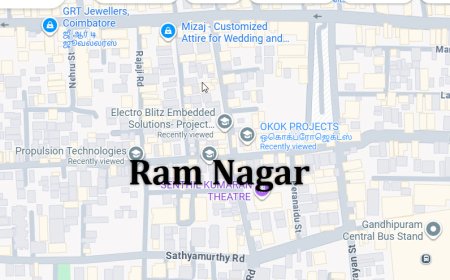Task in LSTM in Python Projects
Task in LSTM in Python Projects
Task in LSTM in Python Projects
Abstract
Task prediction and time-series forecasting play a crucial role in project management, workload optimization, and resource planning. The project Task Prediction using LSTM in Python Projects focuses on developing an intelligent system that predicts future tasks, deadlines, or workloads using historical data and Long Short-Term Memory (LSTM) networks. Python is chosen as the development platform due to its robust libraries for data preprocessing, deep learning, and time-series analysis, including Pandas, NumPy, TensorFlow, and Keras. The system preprocesses sequential task data, handles missing values, normalizes features, and trains LSTM networks to capture temporal dependencies for accurate prediction. By providing automated task prediction, the system aids managers and teams in planning, prioritization, and efficient resource allocation.
Existing System
Existing task management systems primarily rely on manual tracking, static scheduling, or simple statistical methods for estimating deadlines. While these systems are functional, they fail to account for dynamic dependencies, historical patterns, or workload fluctuations, leading to inefficiencies and potential delays. Some advanced systems use classical machine learning models for prediction, but these models struggle with capturing long-term dependencies in sequential data. Consequently, existing systems lack accuracy in forecasting task completion times, predicting workload trends, and supporting proactive management.
Proposed System
The proposed system introduces a Python-based framework for task prediction using LSTM networks. Historical task data, including task type, duration, dependencies, and timestamps, is preprocessed by handling missing values, scaling numerical features, and encoding categorical variables. LSTM networks are trained on sequential data to learn temporal dependencies and predict future tasks, deadlines, or required resources. Model performance is evaluated using metrics such as Mean Absolute Error (MAE), Root Mean Squared Error (RMSE), and R-squared (R²) for regression-style predictions. By integrating deep learning with time-series analysis, the system provides a scalable, reliable, and automated solution for task prediction, enabling managers to optimize schedules, anticipate bottlenecks, and improve overall productivity in project environments.
What's Your Reaction
 Like
0
Like
0
 Dislike
0
Dislike
0
 Love
0
Love
0
 Funny
0
Funny
0
 Angry
0
Angry
0
 Sad
0
Sad
0
 Wow
0
Wow
0






























